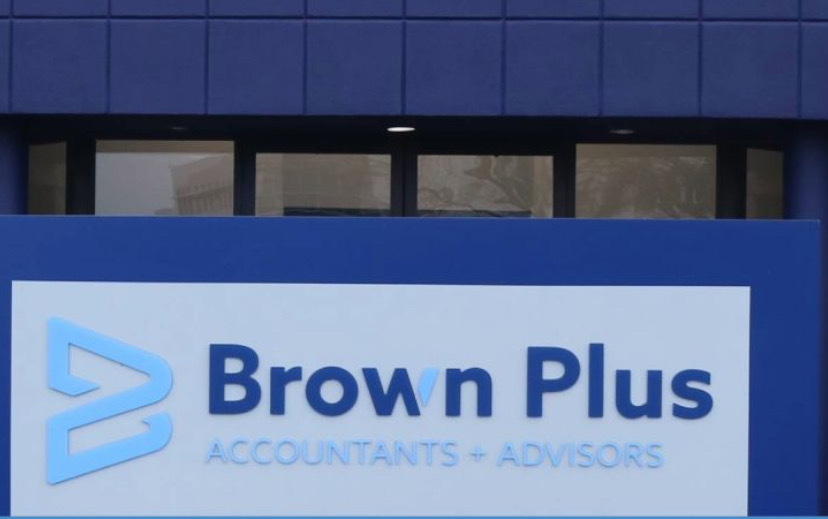By Tod McDonald.
Businesses lose up to 5% of revenue to fraud annually. The Association of Certified Fraud Examiners (ACFE)’s 2024 Occupational Fraud report found the median duration of a fraud scheme is more than a year, with losses compounding the longer the plot goes on.
The burdensome nature of fraud investigations contributes to the extended duration of these schemes. Forensic accountants spend days or even weeks preparing mountains of financial evidence. The extensive hours and resources required for investigations make them expensive, with an unknown outcome. The high costs often compel businesses to wait until the losses are too big to ignore, resulting in significant financial damage and a reduced chance of recovery.
Smaller organizations may simply absorb the loss because they don’t believe an investigation is worth it. The ACFE found that about 60% of businesses did not recover any of their losses despite enduring the arduous, expensive investigation. Emotions also play a role in the decision to pursue cases. Leaders might be embarrassed that fraud happened on their watch, fearful of reputational damage or in denial about the scheme. These financial and emotional factors prevent many fraud cases from being reported.
The principal impediment to fraud investigations is not the sophistication of the scheme but the sheer magnitude and intricate nature of the financial evidence. Forensic accountants work diligently to deliver results for their clients, but manual, spreadsheet-based processes hinder speed.
Technology offers forensic accountants a better way to serve their clients. Firms can leverage artificial intelligence (AI) to expedite data preparation for accelerated case resolution, improved analysis, and reduced costs, overcoming many hurdles that prevent businesses from pursuing investigations.
Automated data preparation
Forensic accountants understand all too well the tedium of the exhaustive data extraction and cross-checking necessary to detect fraud. According to Valid8’s data, manually combing through thousands of documents and transactions to extract, verify, reconcile and categorize financial evidence can consume as much as 90% of an investigation’s time. This results in extended investigations with limited capacity for in-depth analysis.
AI-powered platforms can break through the data preparation bottleneck by quickly processing all financial evidence, from accounting transactions and bank statements to check images and deposit slips. These solutions can organize, match, categorize and verify data to produce a comprehensive financial history that meets courtroom evidentiary standards. New evidence integration is seamless.
Forensic accountants receive this dataset within hours, not days or weeks. This workflow caters to human strengths, allowing them to spend time critically analyzing information rather than entering data.
Clear insight into financial evidence
Manually reviewing every line item in the financial history is impractical, but without this detailed inspection, fraud evidence may go unnoticed. AI enables accountants to efficiently execute this comprehensive review.
AI-powered platforms can perform quality assurance processes to flag missing statements, duplicate entries and information gaps. Accountants also gain visibility into key transaction attributes like payee and payor that highlight unusual or suspicious money movement.
The automated review surfaces all anomalies that require additional attention. With this insight, accountants can spend their time investigating these issues rather than going through the data line by line. A platform with visualization capabilities enhances the ability to trace the flow of funds and supports stronger narrative development.
AI tools handle the heavy lifting of data organization but do not make conclusions. Accountants retain full control over evidence interpretation and case development. The meticulous analysis allows accountants and clients to be confident in the investigation’s findings, knowing nothing was overlooked. Enhanced evidence improves investigation outcomes, whether the case is handled internally or in the courtroom.
Benefits to clients and accounting firms
The accelerated, thorough investigations enabled by AI deliver significant value to accountants, their customers and their businesses. These benefits include:
- Reduced fraud losses
Quick fraud confirmation allows companies to disrupt the scheme sooner, limiting financial damage. The faster fraud is discovered and documented, the better the chances of asset recovery.
- Increased investigation bandwidth
When technology handles routine data tasks, firms can manage larger caseloads and dive deeper into sophisticated fraud schemes without expanding their team. Successful investigations also build a firm’s reputation, attracting higher value, higher-profile cases.
- High-value, lower-cost investigations
Enhanced efficiency lowers the cost of forensic services, making investigations more accessible to smaller businesses.
- Improved employee satisfaction
Automation elevates forensic accounting careers beyond data entry to strategic analysis. This shift to more intellectually engaging work helps firms attract and retain talented professionals.
- Fraud deterrence
More accessible, more thorough fraud investigations heighten the probability of detection, directly targeting the “opportunity” leg of the fraud triangle. While pressure and rationalization may persist, the high likelihood of being caught is a significant deterrent for fraudsters.
Integrating AI into forensic accounting breaks down the barriers of time, cost and complexity. Businesses — even small ones — face less risk in pursuing these cases, making them more likely to investigate fraud before it becomes devastating. With faster detection and improved recovery rates, companies may finally see a meaningful reduction in fraud losses.
====
Tod McDonald, CPA, CIRA, is the co-founder of Valid8 Financial. Early in his career, Tod was an auditor with Ernst & Young and has spent decades navigating complex financial situations, including leading an investigation that unraveled a $200 million real estate investment Ponzi scheme in Washington State. Motivated by this experience, he co-founded Valid8 Financial to build a Verified Financial Intelligence solution to expedite data prep, eliminate sample risk and improve the speed and quality of rendering a professional opinion on complex financial cases.
Thanks for reading CPA Practice Advisor!
Subscribe Already registered? Log In
Need more information? Read the FAQs
Tags: Accounting, fraud
![Fraud_Definition_iStock_4_11_13_1_.57a35565088db[1]](https://www.cpapracticeadvisor.com/wp-content/uploads/2020/11/Fraud_Definition_iStock_4_11_13_1_.57a35565088db_1_.5fbc37b5ebe41.png)



